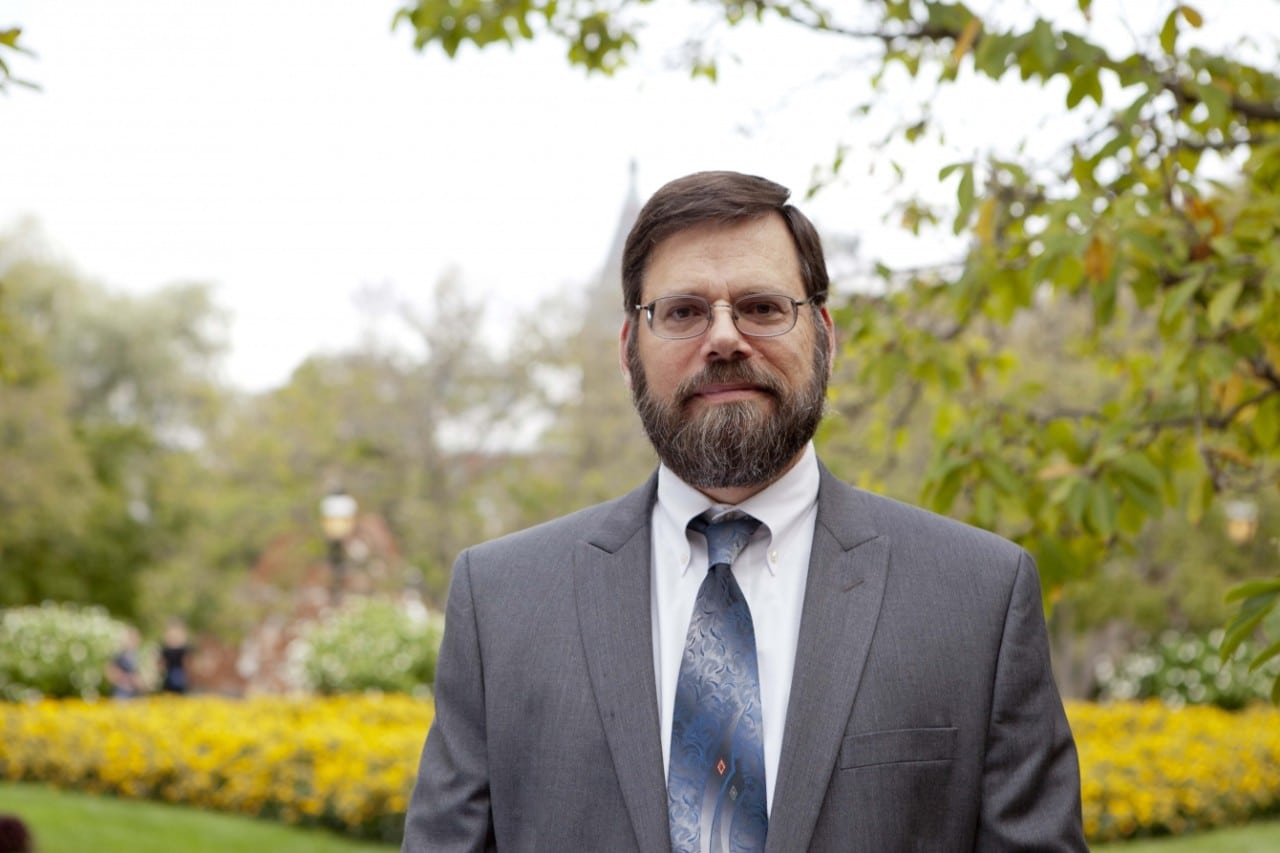
The Paris climate change agreement has been adopted and signed by more than 170 nations, now it needs to be ratified and implemented, posthaste, U.S. Special Envoy for Climate Change Jonathan Pershing said Thursday at the Clean Energy Ministerial in San Francisco. “We’re no longer looking at text as the objective, we’re looking at implementation as the objective,” Pershing said.
The Paris Agreement was adopted in December at the 21st session of the Conference of the Parties (COP21) to the United Nations Framework Convention on Climate Change (UNFCCC) and signed in April at U.N. headquarters in New York. The accord, essentially a legal framework under which countries are to pursue nationally determined climate actions, will come into force upon being ratified, approved, or accepted by 55 nations representing at least 55 percent of global emissions.
“I [think] it will enter into force this year,” Pershing said during a panel discussion, reiterating previous statements. He added that the fact that more than 170 nations signed the agreement on the first possible day “suggests a level of urgency and an agreement in the global community about the urgency that leads me to be quite optimistic it will enter into force this year.”
Currently, 17 nations representing .04 percent of global emissions have joined the agreement. However, the United States, representing 17.89 percent of global emissions, and China, representing 20.09 percent, have both pledged to join the deal by the end of the year.
Speaking at an overlapping but separate event in San Francisco, the Mission Innovation Ministerial, House of Representatives Minority Leader Nancy Pelosi (D-Calif.) vowed that the U.S. would make good on its promise. “The U.S. is committed to joining the Paris Agreement as early as possible, this year,” she said. “Our country will honor that commitment and our commitment to this historic effort will endure.”
Pelosi also addressed comments made recently by Republican presidential candidate Donald Trump asserting that if elected he would “cancel” or “renegotiate” the Paris Agreement. His plan’s feasibility has been called into question as the agreement features a provision creating a four-year lag period from the date the accord is brought into force before any nation can exit. So, if the agreement is indeed brought into force this year, a potential President Trump would not be able to pull the U.S. out until the tail end of his term, not within his first 100 days as he has suggested.
“Today the United States is engaged in a contentious presidential campaign where one candidate said he would pull out of the Paris accord and end any regulation of the energy industry. … Let me give you this assurance: that will never happen,” Pelosi said. “That will never happen.”
Officials from Morocco, the host of COP22, to be held in November, have expressed cautious optimism at the potential for the agreement to take effect before or during their conference.
In force or not, COP22 will be important to the future of the agreement. The Paris Agreement left a few key questions on the table, including how nations are to report progress on their commitments via a transparency mechanism and issues related to adaptation to climate change and climate-related loss and damage. Draft decisions on these issues are currently being worked on by the Ad Hoc Working Group of the Paris Agreement and will be transferred to the Parties to the Paris Agreement when the deal enters into force.
“These are key questions around which we have a high-level agreement, but need more specificity,” Pershing said “This will take a little while. We won’t finish it in Marrakesh, so Marrakesh has got to be a place, a milestone, a marker, a clear signal … that progress is being made and that we’re moving forward.”